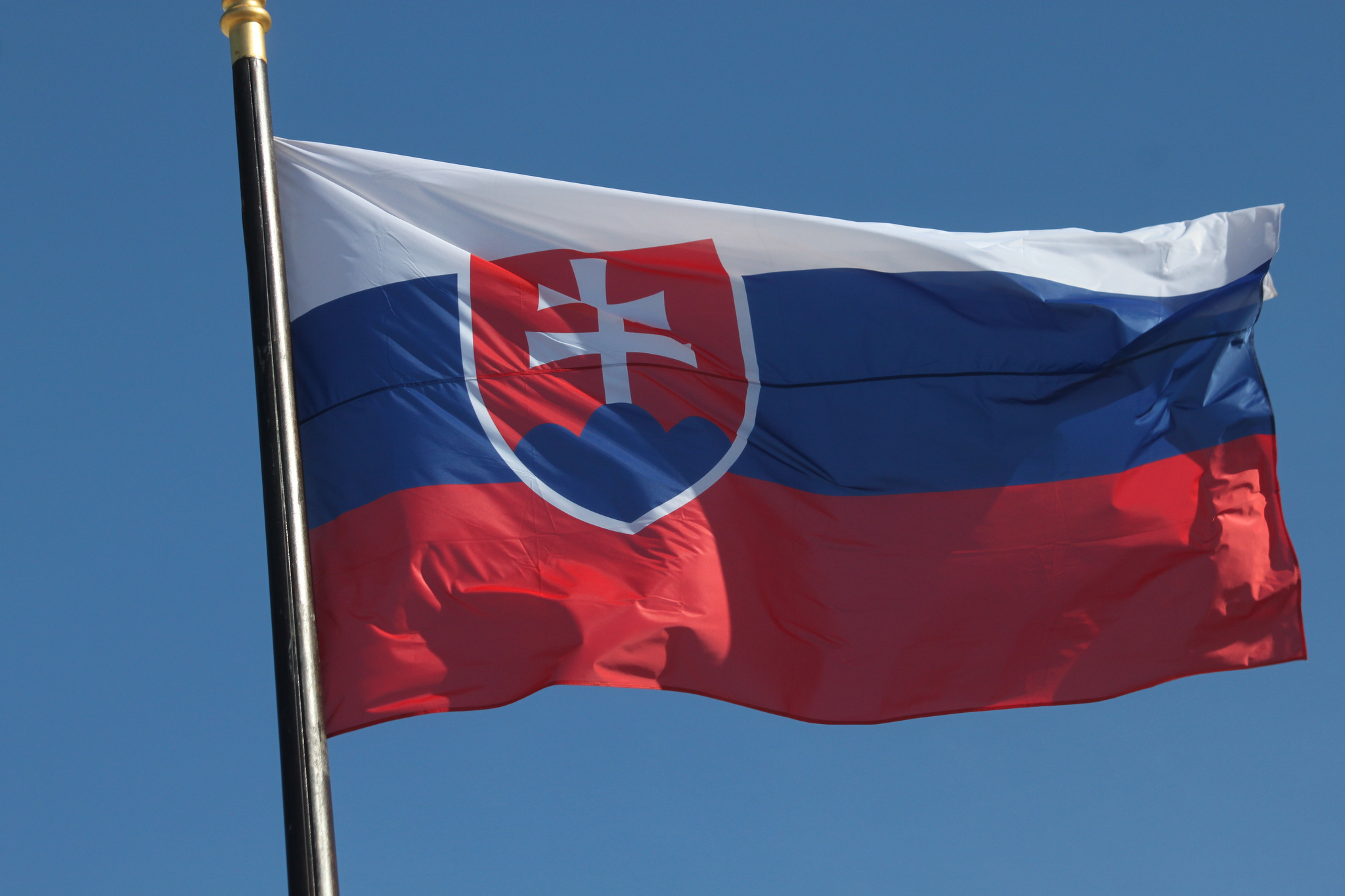By Olivier Bault.
Poland – The Polish and Israeli Prime Ministers signed a common declaration to end the dispute.
The amendments to the Polish memorial law concerning the Shoah and the Nazi crimes committed in Poland at the origin of tensions between Poland on one side, and Israel, Jewish organisations and the USA on the other side, had been adopted in last January. On 27 June, the Polish and Israeli Prime Ministers have wanted to put an end to the polemic and have signed a common declaration while the Polish parliament did suppress within one single day the provision of the new version of the memorial law punishing the assignation “to the Polish nation or to the Polish State the responsibility or the co-responsibility of the Nazi crimes committed by the German IIIrd Reich”. To explain this step back, the leaders of the PiS have asserted that this provision was anyway impossible to implement. They also promised to the Polish people that Warsaw would continue to put civil charges on persons and media using the “Polish death camps” expression when referring to the German extermination camps in occupied Poland.
In their common declaration, Mateusz Morawiecki and Benyamin Netanyahu have condemned the usage of this expression aiming to reduce the German responsibility. While condemning the crimes committed by some Polish people towards Jews during the Second World Ward, they also reminded the heroism of those who risked their lives for saving Jews as well as the efforts of the Polish government in exile for thwarting the German criminal operation by informing the Allies on the ongoing genocide. They also reminded the role of the underground structures in occupied Poland that were supervised by the Polish government-in-exile in London and that provided assistance to the Jews and punished with the sentence of death the Polish people who betrayed Jews.
Both chiefs of government also affirmed their support to a free historical expression on all aspects of the Shoah and condemned all forms of both antisemitism and antipolonism, calling for a return to a respectful dialogue in the public arena.
The US-Department of State that made pressure on both countries for them to reach an agreement, but also several Jewish organisations and the Israeli ambassador in Poland who – according to her detractors – had not so few contributed to add fuel to the fire, have rejoiced that an agreement had been found and particularly that Poland had renounced to this litigious paragraph in its memorial law. Traditionally, Poland is one of the seldom supports of Israel within the European Union, and the tensions caused by the new Polish memorial law and by the violence of the Israeli reactions were in the interest of none of both countries. On their side, the Polish were indeed aware that their lobby in Washington offered too little counterweight in front of the Jewish and Israeli lobbies and one did worry in Warsaw about the consequences that such a conflict might have on the long-term strategic interests of Poland.
Should we see a coincidence? Warsaw looked for a compromise with Brussels on the issue of the reform of its judicial system during all the time of the conflict with Israel but finally satisfied the Israeli demand by withdrawing the litigious paragraph from its memorial law when such a compromise appeared to be impossible due to the intransigence of the European Commission. Obviously, Poland cannot afford to be on bad terms at the same time with Brussels and with Washington, on the contrary of Hungary that was able to play the Russian card when this happened under the presidency of Barack Obama.




